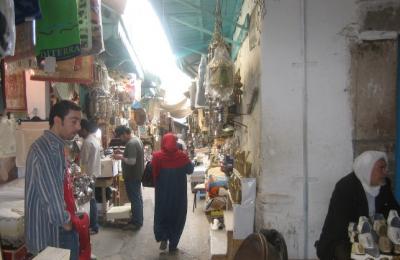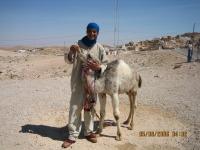Translated by Alliki Arro
Then came the ominous year of 1939. On September 26 the country’s leaders were debating whether to agree to the mutual assistance pact (proposed by the Soviets). Different points of view were articulated. The minutes of the meeting contain the words spoken by J. Puhk in his capacity as a member of the upper house (of the Estonian parliament). This was his position: The peace treaty signed with Russia has for the most part lost its validity. If we do not fix the boundaries of the bases, then it is safe to assume that they will extend over our entire territory. Let us try to save our people, because when the Russians come, they will disperse us all over their vast territory.
The pact proposed by the Russians is just a beginning - it could be extended to Finland and other countries. At least, that’s how it looks. Let us try to get the best possible terms when we sign the pact.
At midnight the Estonian delegation signed the pact in Moscow.
The family deliberated what to do. It was decided to send the women and children to Finland without delay. My father’s brother Eduard lived in Helsinki at the time. Two days later, we were on the boat to Helsinki. The view that “the Russian pact could extend to Finland as well” was confirmed before long. By the end of November, the situation had become so tense that blackouts were in force in Helsinki and people were being evacuated. It was thought that we would be safer in returning to Estonia. We returned to Tallinn in what must have been one of the last Tallinn-Helsinki flights. This was in the last days of November. In spite of everything, we still had our customary floor- to-ceiling Christmas tree in our drawing room on Christmas Eve, 1939. And as always, mother was wearing a long gown, and father, a dark suit. In the dining room, the table was set for the year’s most festive occasion. Santa Claus came too, but then I stopped believing there was a Santa Claus, because I had recognized him as our English tutor Miss Vanda...Now I know that that was when my fairy-tale childhood, too, came to an end.
Advertisement / Reklaam
Advertisement / Reklaam
I remember the summer of 1940 well. On June 21 the red flag was raised on the Tall Hermann tower. We went to Pärnu for the summer. We had never summered in Pärnu before; we had always spent our summers at Pilu. Pärnu was a new and interesting experience, but you constantly had a sense of something ominous and threatening in the air. Once an airplane flew over the beach and dropped leaflets on the sunbathers. Father was not with us in Pärnu and visited us only once. Many of the people we knew had been arrested, some had simply disappeared. Father knew that he, too, was targeted. August 30 was the last day my father was a free man.On August 31 they closed in on him. The warrant for the arrest had been issued by Boris Kumm. Father was arrested at home in his study. His brothers Aleksander and Evald had been summoned there as well to report on the company’s transfer of assets. That was only a pretext. That is where all of them were arrested. My father was shot in the Kirov Prison on September 14, 1942. I found out about his fate nearly half a century later. Then I started to gather the bits and pieces about him and his life.
Why did I not start writing this earlier, when mother was still alive? When my sister was still alive? My sister was only a child when father was taken away from us, but she was still six years older than me. Mother never initiated conversations about “those days” herself - I know she did not want to evoke them. When I started to write the story of my life, I found myself telling my story to my father.
(To be continued)




















